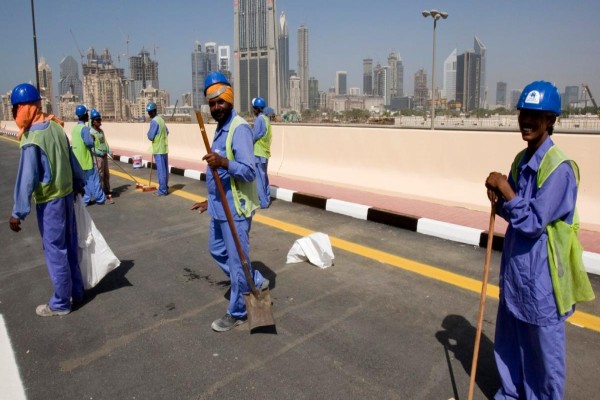In a historic labour reform, Saudi Arabia has formally abolished the Kafala (sponsorship) system that governed foreign employment for more than seven decades.
The move marks a major shift in labour rights for over 13 million migrant workers in the Kingdom, including nearly 2.65 million Indians.
The announcement, described by Indian diplomats as a welcome Diwali gift for the Indian community, dismantles a legal framework that had long tied workers’ residency and employment status to a single employer, or kafeel. Under the old system, workers required employer permission to change jobs, leave the country, or file legal complaints — a structure widely criticised by international rights groups as exploitative.
According to the Saudi Ministry of Human Resources, the Kafala system is being replaced with a contract-based model that modernises employer-employee relations. Key reforms include:
- Job mobility: Workers can now change employers upon completion of their contracts without requiring approval from their previous sponsor.
- Freedom of movement: Exit and re-entry visas no longer need employer consent.
- Access to justice: Workers have greater recourse to labour courts and dispute resolution mechanisms.
- Digital oversight: Employment contracts will be registered and verified through digital platforms such as Qiwa, enhancing transparency and compliance.While the reforms apply to private-sector employees, domestic workers — who make up a significant portion of the workforce — are still governed by separate regulations and may not immediately benefit from the new rules.
The reform aligns with Saudi Arabia’s Vision 2030, Crown Prince Mohammed bin Salman’s blueprint for economic diversification and social transformation. Labour market modernisation is central to this initiative, aimed at improving the Kingdom’s international image, attracting skilled global talent, and fostering productivity through transparent employment practices.
For India, the policy change is particularly significant. Saudi Arabia is home to one of the largest Indian expatriate populations, contributing billions in remittances annually. Between 2023 and 2024, the number of Indian workers in the Kingdom rose by nearly 200,000. Over 3,000 Indian firms now operate in Saudi Arabia, up from 400 in 2019. Partnerships between India’s National Skill Development Corporation (NSDC) and Saudi Arabia’s Takamol Holding continue to certify Indian workers across more than 65 professions.
“The Indian community in Saudi Arabia is a living bridge between the two countries,” said Indian Ambassador to Riyadh Suhel Ajaz Khan. “This reform will strengthen that bridge and improve the everyday lives of our people working there,” added a senior Indian diplomat.
Human rights groups, while welcoming the move, have urged vigilance in its enforcement. Some employers reportedly continue to resist changes, and recruitment-related abuses such as illegal fees or contract substitution persist in some cases.
“Legal reform is a necessary first step, but effective implementation and awareness among workers are vital,” said a statement from Human Rights Watch.
With this decision, Saudi Arabia joins a small but growing list of Gulf nations dismantling or reforming the sponsorship model. The abolition of the Kafala system signals a new era for migrant labour rights in the region and reinforces the deepening strategic and people-to-people ties between India and Saudi Arabia.





